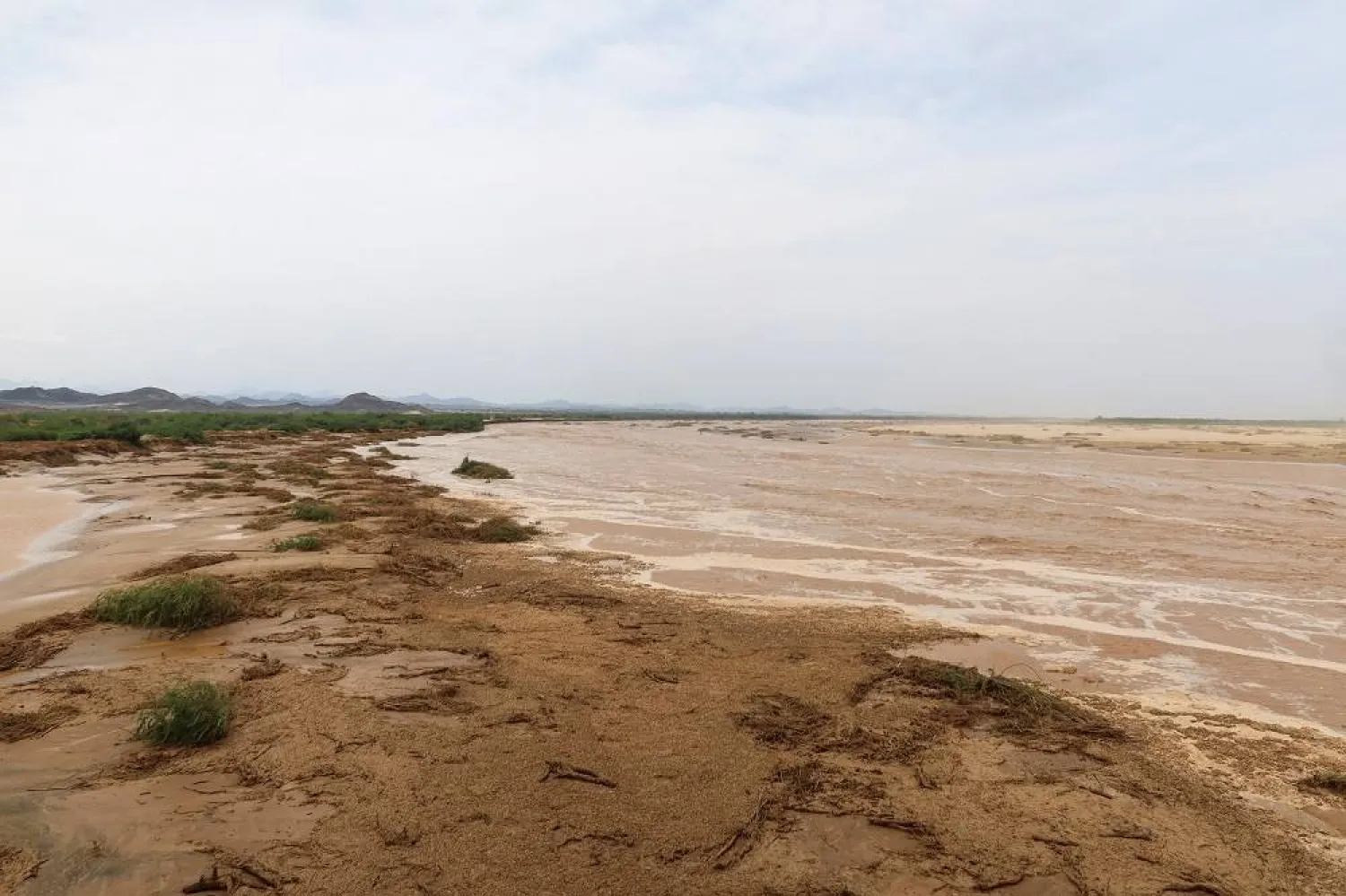The EU must "tear down the barriers" that prevent it from becoming a truly global economic giant, European Commission chief Ursula von der Leyen said Wednesday, ahead of leaders' talks on making the 27-nation bloc more competitive.
"Our companies need capital right now. So let's get it done this year," the commission president told EU lawmakers as she outlined key steps to bridging the gap with China and the United States.
"We have to make progress one way or the other to tear down the barriers that prevent us from being a true global giant," she said, calling the current system "fragmentation on steroids."
Reviving the moribund EU economy has taken on greater urgency in the face of geopolitical shocks, from US President Donald Trump's threats and tariffs upending the global trading to his push to seize Greenland from Denmark.
AFP said that Von der Leyen delivered her message before heading with EU leaders including France's Emmanuel Macron and Germany's Friedrich Merz to a gathering of industry executives in Antwerp, held on the eve of a summit on bolstering the bloc's economy.
A key issue identified by the EU is the fact that European companies face difficulties accessing capital to scale up, unlike their American counterparts.
To tackle this, Plan A would be to advance together as 27 states, von der Leyen said, but if they cannot reach agreement, the EU should consider "enhanced cooperation" between those countries that want to.
Von der Leyen said Europe should ramp up its competitiveness by "stepping up production" on the continent and "by expanding our network of reliable partners", pointing to the importance of signing trade agreements.
After recent deals with South American bloc Mercosur and India, she said more were on their way -- with Australia, Thailand, the Philippines and the United Arab Emirates.
One of the biggest -- and most debated -- proposals for boosting the EU's economy is to favor European firms over foreign rivals in "strategic" fields, which von der Leyen supports.
"In strategic sectors, European preference is a necessary instrument... that will contribute to strengthen Europe's own production base," she said -- while cautioning against a "one-size-fits-all" approach.
France has been spearheading the push, but some EU nations like Sweden are wary of veering into protectionism and warn Brussels against going too far.
The EU executive will also next month propose the 28th regime, also known as "EU Inc", a voluntary set of rules for businesses that would apply across the European Union and would not be linked to any particular country.
Brussels argues this would make it easier for companies to work across the EU, since the fragmented market is often blamed for why the economy is not better.
The commission is also engaged in a massive effort to cut red tape for firms, which complain EU rules make it harder to do business -- drawing accusations from critics that Brussels is watering down key legislation on climate in particular.









